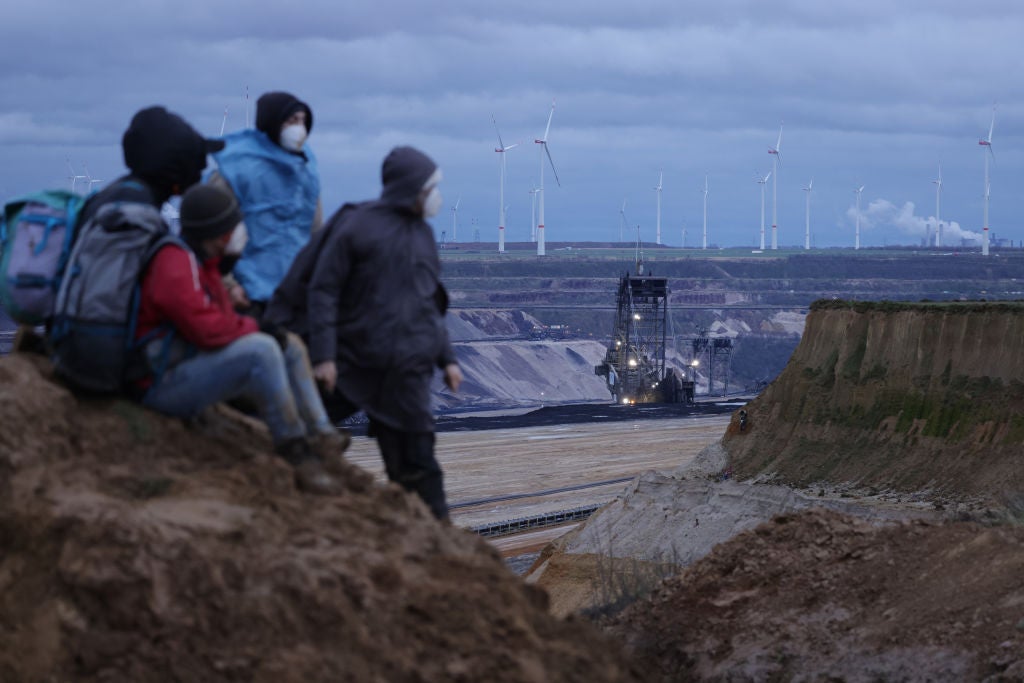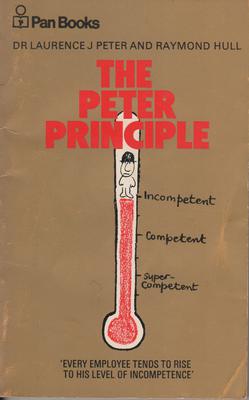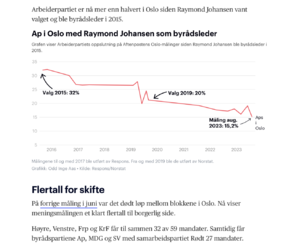According to Ember, the smaller-than-expected coal rebound in 2022 shows the EU is committed to transitioning to renewables and phasing out coal. Instead of doubling down on fossil fuels, governments are turning to renewables to ensure
energy security. Germany is
still standing firm on a coal exit in 2030, the Netherlands still plans a coal phase-out by 2029 and Romania has moved forward its coal exit from 2032 to 2030.
“Europe’s clean power transition emerges from this crisis stronger than ever,” said Jones. “Not only are European countries still committed to phasing out coal, they are now striving to phase out gas as well. The energy crisis has undoubtedly sped up Europe’s electricity transition.”
As a result, Ember analysts predict that fossil fuel power generation will plummet in 2023, while renewables are set to rise further. The think tank estimates that fossil fuel generation could fall by as much as 20% in Europe this year, which would be the biggest annual decline in fossil fuel generation so far. As gas remains the most expensive fossil fuel, it seems likely that this fuel will decline the fastest. New fossil fuel infrastructure construction, like the
liquefied natural gas terminals in Germany, will not change this, suggests Jones.
“The speed of the fall in gas-fired power generation in 2023 will catch many people by surprise,” he told
Energy Monitor. “EU gas demand fell by 12% last year, even though gas generation was unchanged. If gas generation falls by 20% this year, that is 5% off total EU gas demand by itself, before looking at other sectors.
“Already, in the first 25 days of 2023, the EU’s gas-fired power generation was 37% below the same time in 2022. I think this will give more confidence in Europe of how quickly it can phase down gas use. Coal’s fate was already sealed; now it is gas that is in the headlights.”






















